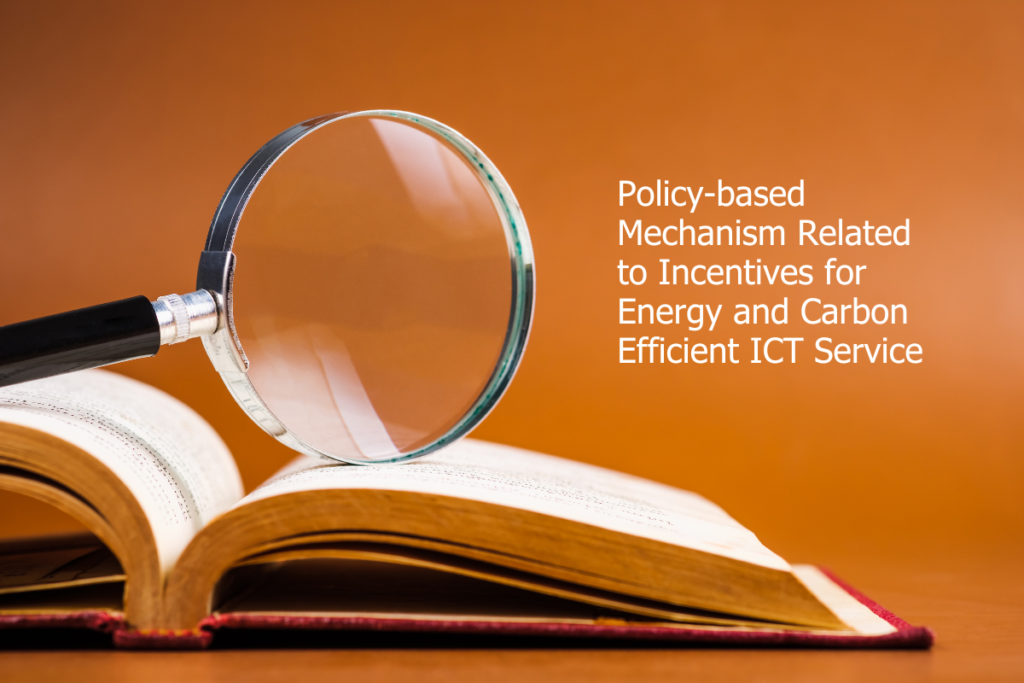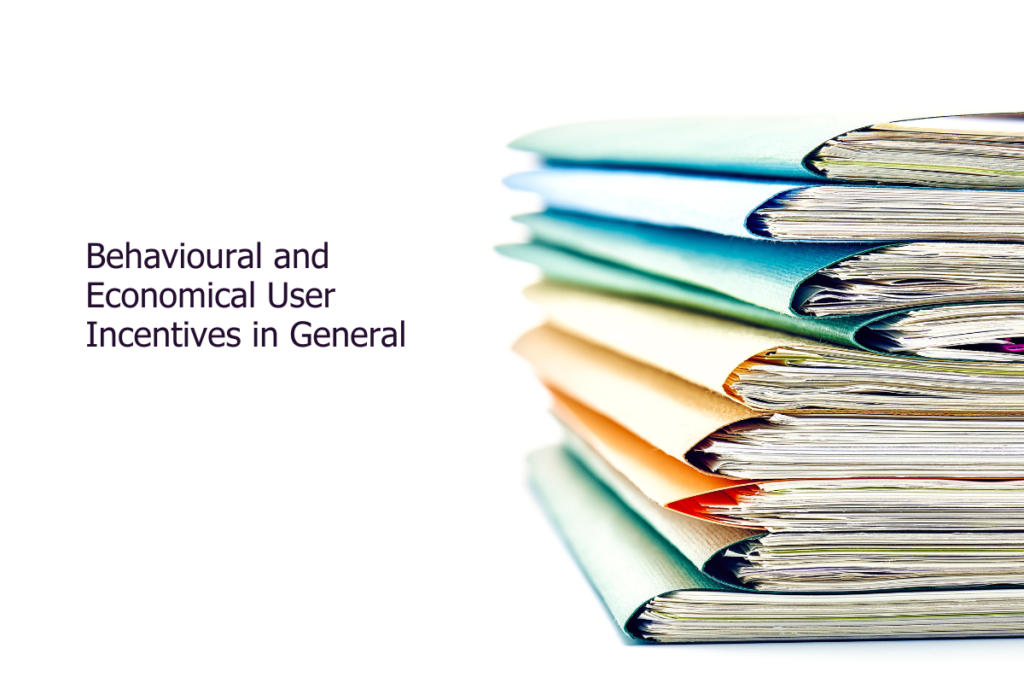Impact of Information and Communication Technologies on Energy Efficiency

Scope Beton et al. evaluate the ICT sector’s lifecycle impact (primary effect) and its potential to improve energy efficiency (secondary and tertiary effects). The study includes ICT energy consumption projections based on different scenarios, such as business-as-usual and an eco-scenario, and provides a comprehensive list of key actions for achieving an eco-scenario. Summary To establish […]
Carbon Footprint of The Most Popular Social Media Platforms

Scope (Batmunkh, 2022) explores the environmental impact of internet usage, particularly focusing on the carbon footprint generated by four major social media platforms: TikTok, Facebook, Netflix, and YouTube. Summary It highlights the significant energy consumption associated with IT infrastructures that support digital activities, emphasising that the internet’s carbon emissions have been a subject of various […]
A Survey on Energy Consumption and Environmental Impact of Video Streaming

Scope Afzal et al. provide a survey analysing the increasing demand, energy consumption, and environmental footprint of video streaming technologies. It highlights the challenges in measuring energy usage and carbon emissions due to variability in factors such as location, device type, and technological developments. They examine the impact of display types, storage, codec types, and encoding […]
The Environmental Sustainability of Digital Content Consumption

Scope Istrate et al. examine the environmental impacts associated with the increasing consumption of digital content, highlighting the challenges it poses to the Earth’s ecological capacity. Summary The authors find that the consumption of digital services like web surfing, social media, streaming music and video, and video conferencing could represent approximately 40% of the per capita […]
Factcheck: What is the Carbon Footprint of Streaming Video on Netflix?

Scope Kamiya (links below [1], [2]) highlights the importance of using accurate and up-to-date data to assess the environmental impact of digital activities. The paper corrects past overestimations of streaming video’s carbon footprint, explores the varying energy consumption of different devices and proposes energy efficiency incentives. Summary Energy consumption and carbon footprint of streaming video […]
Flexibility Management for Residential Users Under Participation Uncertainty

Scope Krasopoulos et al. explore Demand Response (DR) optimisation strategies to manage energy flexibility among residential consumers. Focus is given on how varying levels of incentives influence user participation in DR programs, taking into consideration uncertainties in users’ responses. Summary A probabilistic model is suggested to estimate the likelihood of user participation based on offered incentives, […]
The Effect of Altruism in Automated Demand Response for Residential Users

Scope Minou et al. elaborate that the decision making process of the users is not purely rational and dependent on the monetary incentives provided, but it is governed by a number of factors, including altruism. Summary In this work, the means of user engagement in ADR contracts is studied when altruism is present in different degrees […]
Empowering User-Centered Carbon Management: Bridging Individual Preferences and Sociotechnical Advancements

Scope Souza et al. argue that monetary incentives are less effective in the long term and do not provoke a stable change in users’ habits and preferences. It is considered that user behaviour can be modified towards carbon footprint reduction through informative systems that do not heavily change the user consumption pattern. Summary A user-centered decarbonisation […]
Carbon Footprint Tracking Apps. Does Feedback Help Reduce Carbon Emissions?

Scope A Carbon Footprint Tracking Application (CFTA) is employed in Hoffmann et al. , to explore how the feedback provided may encourage consumers to reduce their emissions. The effectiveness of this mechanism is improved by introducing factors that influence how the carbon footprint feedback inspires consumers to change consumption habits. Summary The SHIFT framework is […]
A Win-win Scheme for Improving the Environmental Sustainability of University Commuters’ Mobility and Getting Environmental Credits

Scope Cirrincione et al. present an “Environmental Credits” scheme towards improving the environmental performance of the mobility of the commuter students of University of Palermo (Italy). Summary They built and evaluated the effectiveness of a smartphone-app-based method to encourage commuter students to adopt more sustainable transport modes. Daily and annual distances traveled by commuters with the […]
